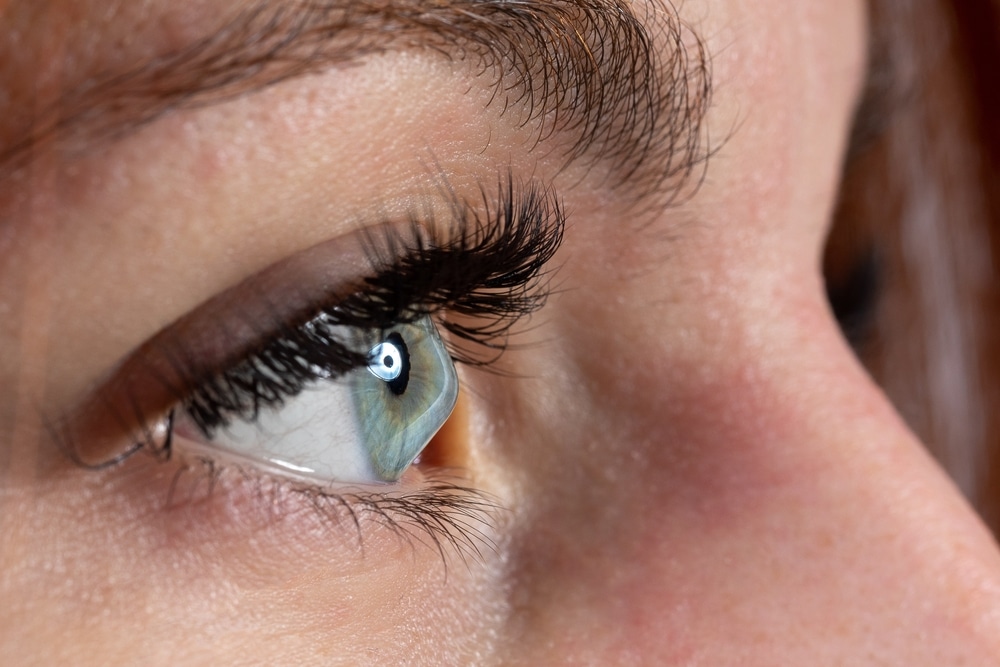
Astigmatism is a common vision problem that causes blurred or distorted vision. While glasses and contact lenses can correct astigmatism, LASIK laser eye surgery offers a more permanent solution for many people.
Keep reading to learn more about LASIK and how it can help correct astigmatism!
What is Astigmatism?
Astigmatism is a common refractive error that occurs when the cornea (the clear, dome-shaped front surface of the eye) or the lens inside the eye has an irregular curvature. In a normal eye, the cornea and lens are smooth and curved equally in all directions, helping to focus light rays sharply onto the retina at the back of the eye.
However, in an eye with astigmatism, the cornea or lens is curved more steeply in one direction than the other, causing light rays to focus at different points. This can lead to blurred or distorted vision at all distances.
Astigmatism often occurs alongside other refractive errors like nearsightedness or farsightedness. Symptoms may include blurred or distorted vision, eyestrain, headaches, and squinting.
Astigmatism is usually diagnosed during a comprehensive eye exam and can be corrected with glasses, contact lenses, or refractive surgery like LASIK.
What is LASIK?
LASIK, which stands for “laser-assisted in situ keratomileusis,” is a popular form of refractive surgery used to treat nearsightedness, farsightedness, and astigmatism. The goal of LASIK is to reshape the cornea so that light entering the eye can be properly focused onto the retina for clear vision.
During LASIK, your eye surgeon uses a special laser to precisely change the curvature of your cornea. Here’s a brief overview of the procedure:
1. Your eye is numbed with eye drops, and your surgeon may give you medication to help you relax.
2. A thin flap is made on the surface of your cornea and folded back to access the inner layers.
3. An excimer laser is used to remove microscopic amounts of tissue and reshape the cornea based on your specific vision needs. This part of the procedure usually takes less than a minute.
4. The corneal flap is then laid back in place, where it heals naturally without stitches.
The LASIK procedure itself typically takes about fifteen minutes per eye. Vision improvement is usually noticeable within a few hours after the procedure, with continued improvement over days or weeks.
Most people are able to significantly reduce their dependence on visual aids after the procedure.
If I Have Astigmatism, Can I Get LASIK?
LASIK can correct astigmatism. In fact, LASIK is one of the most successful treatments for astigmatism.
During the LASIK procedure, the laser reshapes the cornea into a more symmetrical shape, eliminating or reducing astigmatism. However, not everyone with astigmatism is a good candidate for LASIK.
Your eye doctor will consider several factors when determining if LASIK is right for you, including:
- The severity and stability of your astigmatism
- The thickness and shape of your cornea
- Your age (you must be at least eighteen years old)
- Your overall eye health
- Your general health (certain conditions like autoimmune disorders or diabetes may make you not a good candidate)
If your astigmatism is too severe or your corneas are too thin, your eye doctor may recommend an alternative refractive surgery or vision correction option.
Will LASIK Fix Astigmatism?
LASIK is highly effective at correcting astigmatism and improving vision. However, as with any procedure, there are no guarantees. In some cases, astigmatism may still be present after LASIK, although it’s usually significantly reduced.
It’s also important to note that while LASIK can correct existing astigmatism, it cannot prevent future changes in your vision. As you age, your eyes may still experience natural changes that affect your vision, including the development of presbyopia, which is age-related farsightedness.
If you have astigmatism and are considering LASIK, the best first step is to have a LASIK consultation with your eye doctor at Colorado Eye Consultants. They can evaluate your specific case and help you understand your options for achieving clear, comfortable vision.
Do you want to learn more about LASIK? Schedule a LASIK consultation at Colorado Eye Consultants in Littleton, CO, today!

